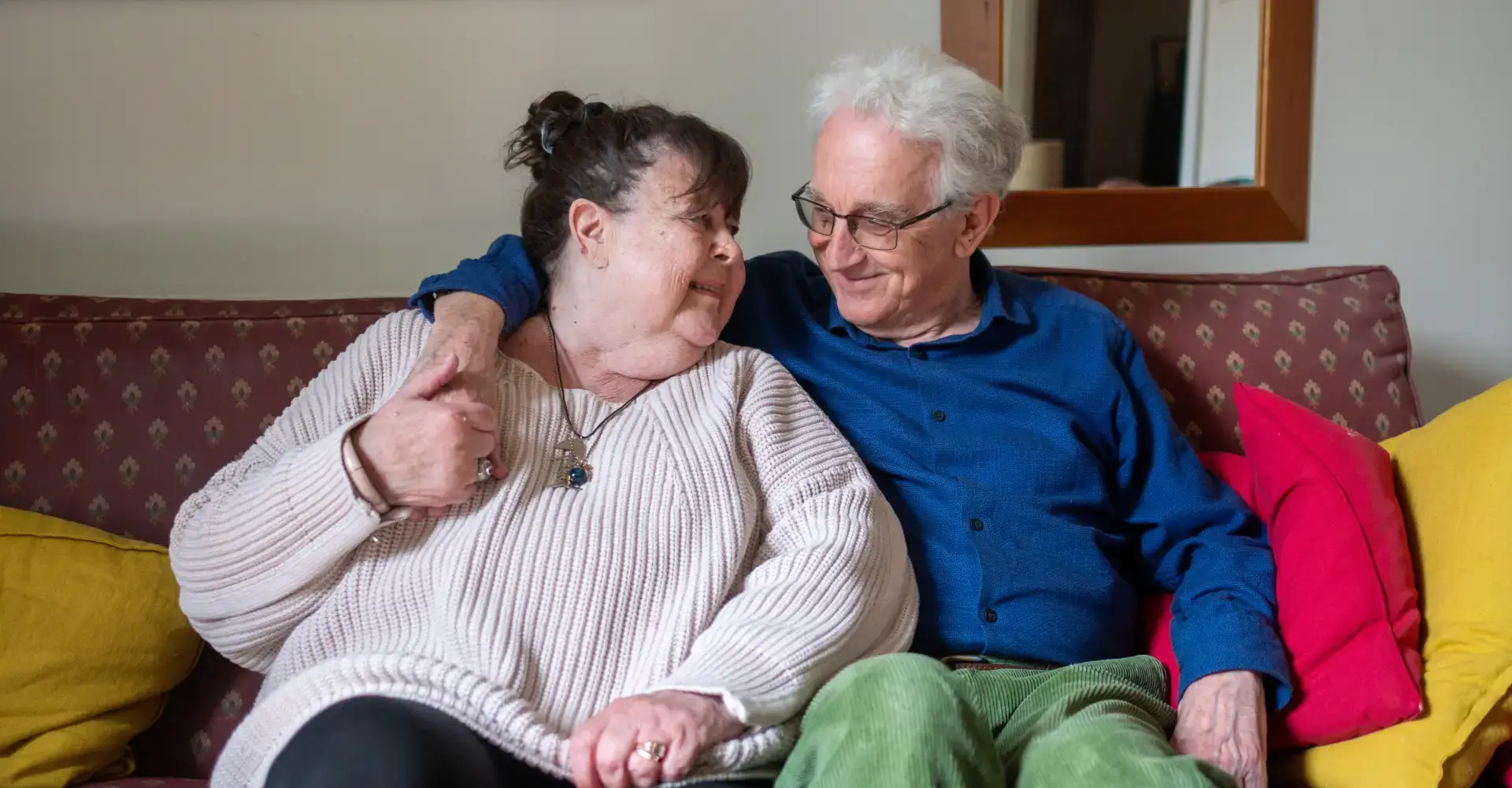![]()
Communication is the foundation of all our relationships. It allows us to connect, understand, and support one another. While we often focus on expressing ourselves, we tend to overlook the crucial aspect of active listening. Active listening goes beyond merely hearing the words; it involves empathetic engagement and understanding. In this blog post, we will explore the art of active listening, its profound impact on relationships, and how it can strengthen the bonds we share with others.
The Power of Active Listening:
Active listening is a skill that involves giving our full attention to the speaker and genuinely seeking to understand their perspective. It goes beyond waiting for our turn to speak or formulating responses in our minds. Active listening requires us to be fully present and attuned to both the verbal and nonverbal cues of the speaker. By doing so, we create a safe space for open and honest communication, fostering trust and connection.
- Cultivating Empathy: Active listening is the gateway to empathy, the ability to understand and share the feelings of another person. By actively listening, we demonstrate that we value the speaker’s thoughts and emotions. We show empathy by suspending judgment, setting aside our own assumptions, and immersing ourselves in their world. This empathetic approach fosters deeper understanding and strengthens the emotional bond between individuals.
- Creating a Safe and Supportive Environment: When we actively listen, we create a safe and supportive environment for the speaker to express themselves freely. By giving them our undivided attention, we signal that their thoughts and feelings matter. This encourages openness, vulnerability, and authenticity in communication. People are more likely to share their true thoughts and emotions when they feel heard and understood, leading to more meaningful and fulfilling relationships.
- Building Trust and Connection: Trust is the bedrock of any healthy relationship, and active listening plays a crucial role in its development. When we actively listen, we validate the speaker’s experiences and emotions, building a sense of trust and reliability. By showing genuine interest and concern, we deepen our connection with others, making them feel valued and appreciated. Trust and connection are nurtured through the art of active listening, creating a strong foundation for long-lasting relationships.
- Resolving Conflicts: Conflict is an inevitable part of any relationship, but active listening can help us navigate through difficult conversations with empathy and understanding. When conflicts arise, active listening allows us to truly grasp the underlying issues and concerns. By listening without interrupting or getting defensive, we demonstrate our willingness to find common ground and seek solutions together. Active listening facilitates effective problem-solving and promotes resolution, preventing conflicts from escalating and damaging relationships.
- Enhancing Personal Growth: Active listening is not only beneficial for the speaker but also for the listener. When we actively engage in listening, we gain valuable insights, perspectives, and wisdom from others. It broadens our horizons, challenges our assumptions, and encourages personal growth. Active listening cultivates a sense of humility and continuous learning, enabling us to expand our knowledge and understanding of the world around us.
Conclusion: In a world filled with distractions and constant noise, mastering the art of active listening is a valuable skill that can transform our relationships. By listening with empathy, creating a safe environment, building trust, resolving conflicts, and fostering personal growth, we strengthen the bonds we share with others. Active listening is a powerful tool that allows us to truly connect, understand, and support one another. So, let us embrace the art of active listening and embark on a journey of deeper, more fulfilling relationships.
Read more about communication skills.















2 comments
GOOD. 👌👍
Awesome writing,